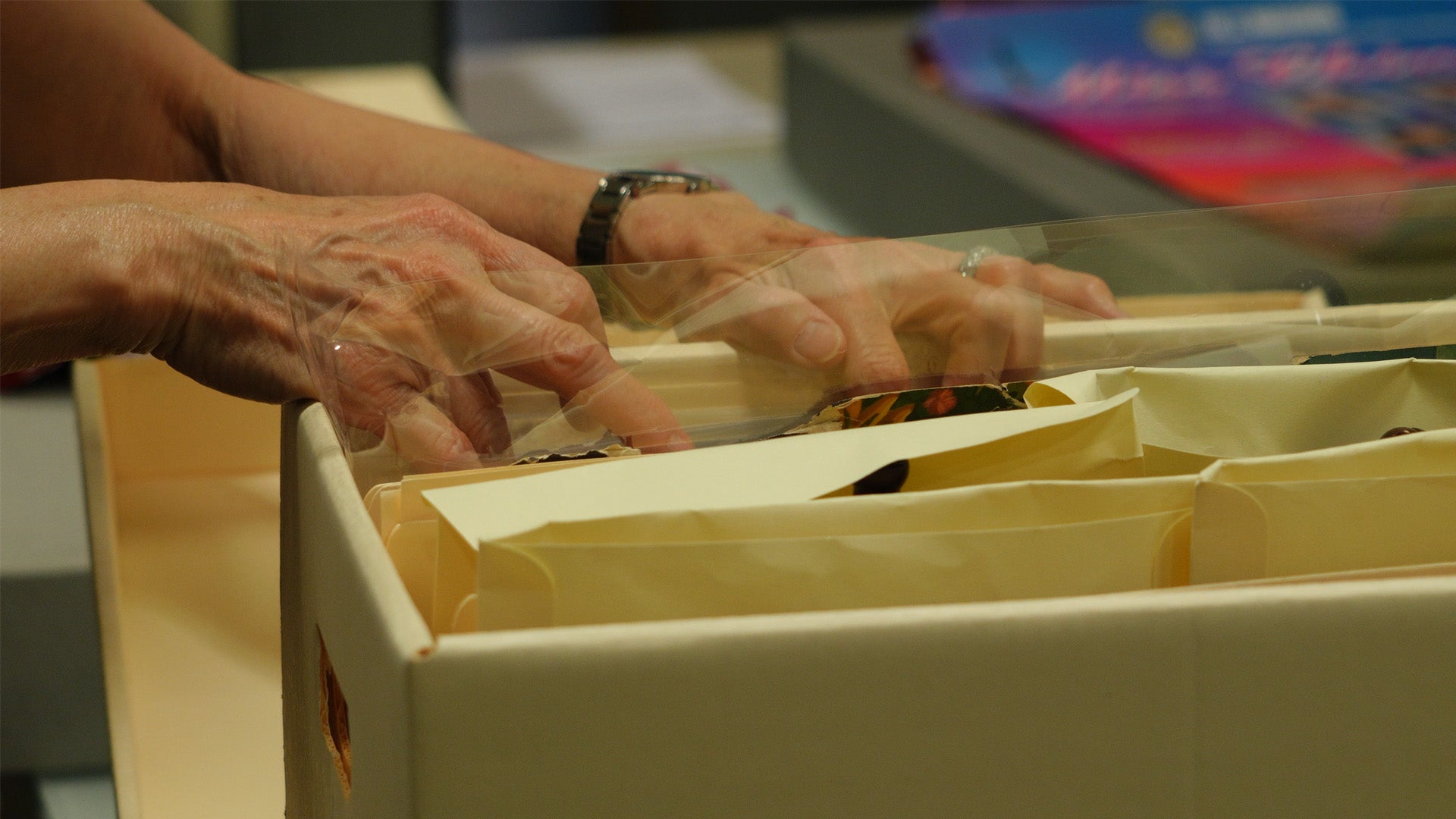The Houston Asian American Archive (HAAA), created in 2009, managed by Rice University’s Chao Center for Asian Studies and housed at the Woodson Research Center (WRC), serves as a living chronicle of the vibrant and diverse Asian diaspora in Houston.
Gene Lee, publisher of Houston’s first bilingual Chinese-English newspaper, was among the first to share his story with HAAA. His donation of personal papers marked the beginning of a journey to capture the voices of Houston’s Asian Americans.
“Then news just spread by word of mouth,” said Anne Chao, HAAA program manager and adjunct lecturer in the humanities. “People wanted to be interviewed, so they could have their stories preserved.”
Since its inception, HAAA has recorded nearly 500 oral histories, each providing a window into the lives of those who have shaped and been shaped by the Houston community. The archive’s mission is clear: to explore the varied experiences of Asians and Asian Americans in Houston, understanding both the challenges they have faced and the contributions they have made.
“Houston is the seventh largest city of Asian Americans in this country,” Chao said. “We have a predominance of different ethnicities. We have a very large presence of Vietnamese Americans, Indian Americans or South Asians and Chinese Americans. We have a smaller proportion of Japanese, Korean and Filipino Americans.”
Among the many stories housed in the archive is that of Albert Gee, a famed Houston restaurateur who owned the iconic Poly-Asian restaurant. Gee’s establishment was a hot spot in the 1960s, frequented by celebrities and politicians alike. His wife, former Rice student Jane Gee, supported the Miss Chinatown scholarship pageant, turning it into a significant cultural event.
“Albert Gee was extremely good looking and charismatic,” Chao said. “He became the president of the Houston Restaurant Association and wealthy enough to donate to political campaigns.”
The archive preserves Gee’s legacy through photos, correspondence and memorabilia, offering a rich resource for researchers and historians.
Lakshmy Parameswaran’s story is also included in HAAA. Trained as a social worker in India, she recognized a need within her community and founded Daya, a South Asian women’s center, in Houston. Parameswaran’s inspiration came from her experiences in Michigan, where she supported an Indian neighbor facing domestic issues.
“Lakshmy started passing out her home number to friends, saying, ‘If you hear of anything, just let us know,’” Chao said.
Over the years, Daya has fielded thousands of calls, providing critical support to women in need, including English lessons, job placement and court accompaniment.
The archive also tells the harrowing journey of Anhlan Nguyen, a Vietnamese refugee who attempted to escape Vietnam 10 times. Her persistence and resilience are a powerful testament to the human spirit.
“On one of those return trips, the boat sank,” Chao said. “She and her brother knew how to swim, so they went ashore. But a third of the people on the boat died in the ocean.”
Nguyen’s 10th attempt was successful, and her gratitude for survival inspired her to become a motivational speaker. Today, she and her husband run a nonprofit organization, translating Western political and philosophical texts banned in Vietnam into Vietnamese.
HAAA’s collection extends beyond individual stories, providing a comprehensive look at the broader Asian American experience in Houston. The archive is a pan-Asian initiative, encompassing narratives from East Asia, South Asia, Southeast Asia and beyond. It includes diverse materials such as photos, letters, documents and even menus, deepening the understanding of the lives and contributions of Houston’s Asian American community.
“We have people coming from all over the country to use these collections,” said Amanda Focke, WRC’s head of special collections. “A recent example would be several researchers interested in the topic of Chinatowns in different major U.S. cities, so they certainly come here and use the collections for Houston.”
Focke noted that in addition to traditional scholarly research, the collections draw interest for other uses. For example, she said a local theater company plans to study the collections to help guide stage design for an upcoming production set in Asian American Houston in the 1970s.
“We have people coming from inside Rice but also the city, the state, the nation and internationally,” Focke said.
Focke and Chao said the work of creating and maintaining HAAA is both important and rewarding. As the archive continues to grow, it remains a vital repository, ensuring that the voices of Houston’s Asian American community are heard, honored and preserved for future generations.
Learn more about HAAA here.

